Richardson Ribeiro
Estimating action plans for smart poultry houses
Aug 17, 2020
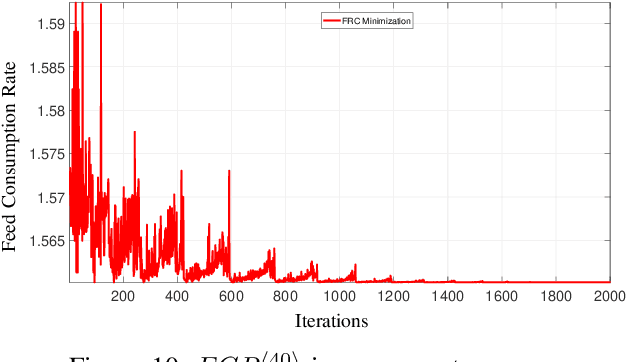
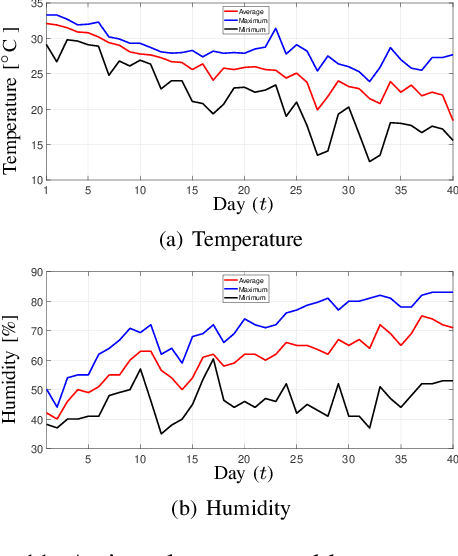

Abstract:In poultry farming, the systematic choice, update, and implementation of periodic (t) action plans define the feed conversion rate (FCR[t]), which is an acceptable measure for successful production. Appropriate action plans provide tailored resources for broilers, allowing them to grow within the so-called thermal comfort zone, without wast or lack of resources. Although the implementation of an action plan is automatic, its configuration depends on the knowledge of the specialist, tending to be inefficient and error-prone, besides to result in different FCR[t] for each poultry house. In this article, we claim that the specialist's perception can be reproduced, to some extent, by computational intelligence. By combining deep learning and genetic algorithm techniques, we show how action plans can adapt their performance over the time, based on previous well succeeded plans. We also implement a distributed network infrastructure that allows to replicate our method over distributed poultry houses, for their smart, interconnected, and adaptive control. A supervision system is provided as interface to users. Experiments conducted over real data show that our method improves 5% on the performance of the most productive specialist, staying very close to the optimal FCR[t].
Concept and the implementation of a tool to convert industry 4.0 environments modeled as FSM to an OpenAI Gym wrapper
Jun 29, 2020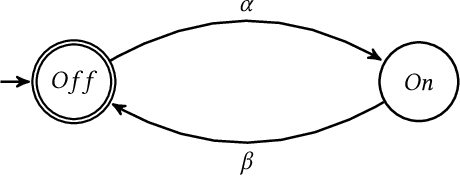

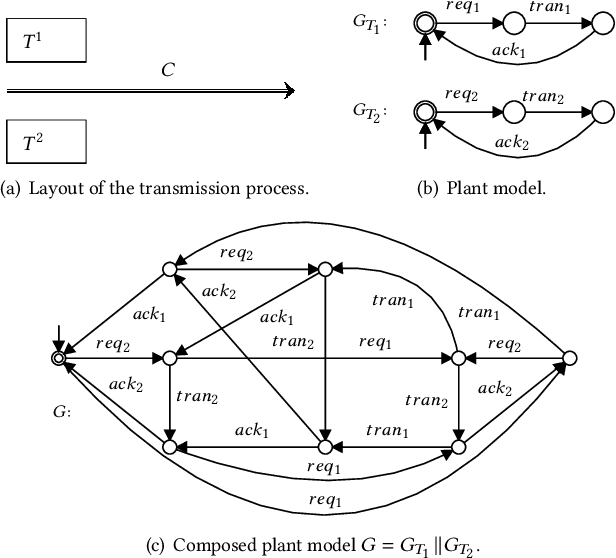
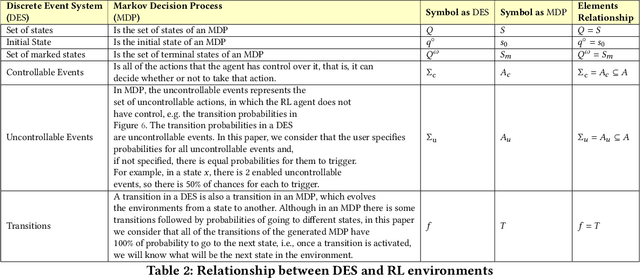
Abstract:Industry 4.0 systems have a high demand for optimization in their tasks, whether to minimize cost, maximize production, or even synchronize their actuators to finish or speed up the manufacture of a product. Those challenges make industrial environments a suitable scenario to apply all modern reinforcement learning (RL) concepts. The main difficulty, however, is the lack of that industrial environments. In this way, this work presents the concept and the implementation of a tool that allows us to convert any dynamic system modeled as an FSM to the open-source Gym wrapper. After that, it is possible to employ any RL methods to optimize any desired task. In the first tests of the proposed tool, we show traditional Q-learning and Deep Q-learning methods running over two simple environments.
 Add to Chrome
Add to Chrome Add to Firefox
Add to Firefox Add to Edge
Add to Edge